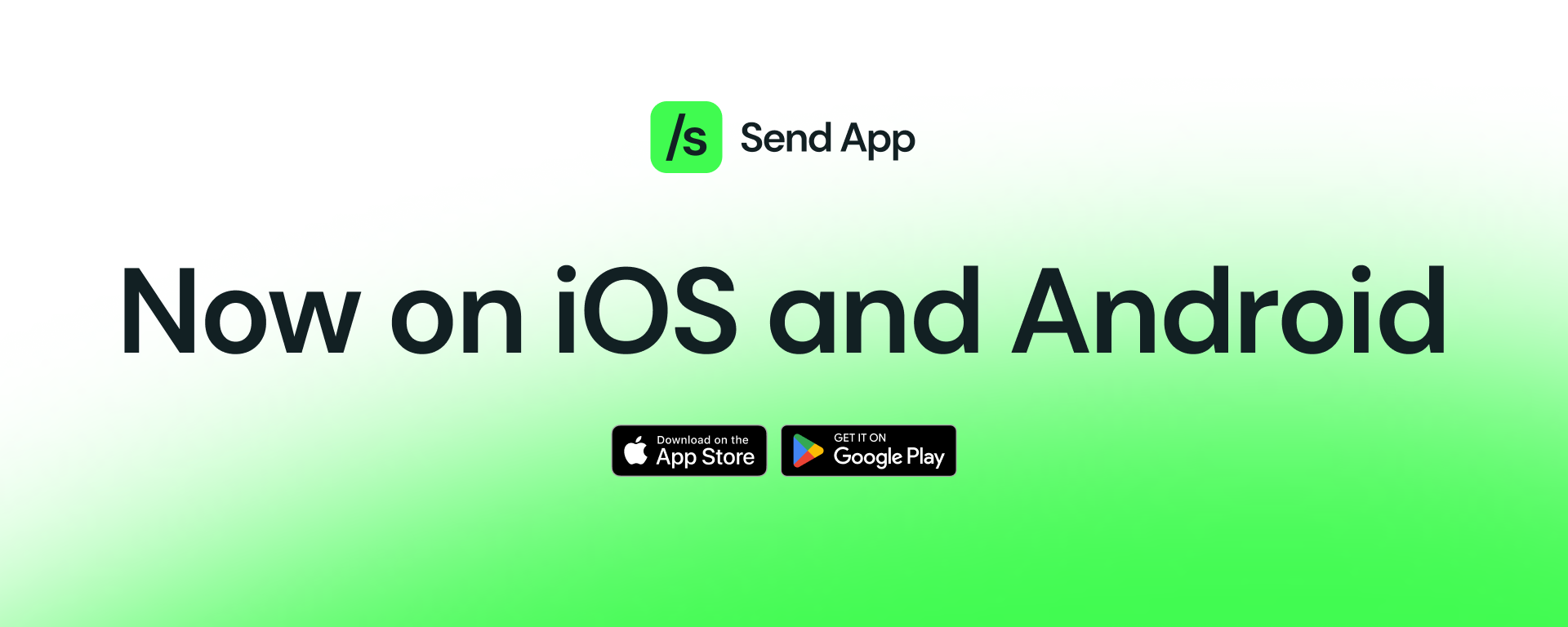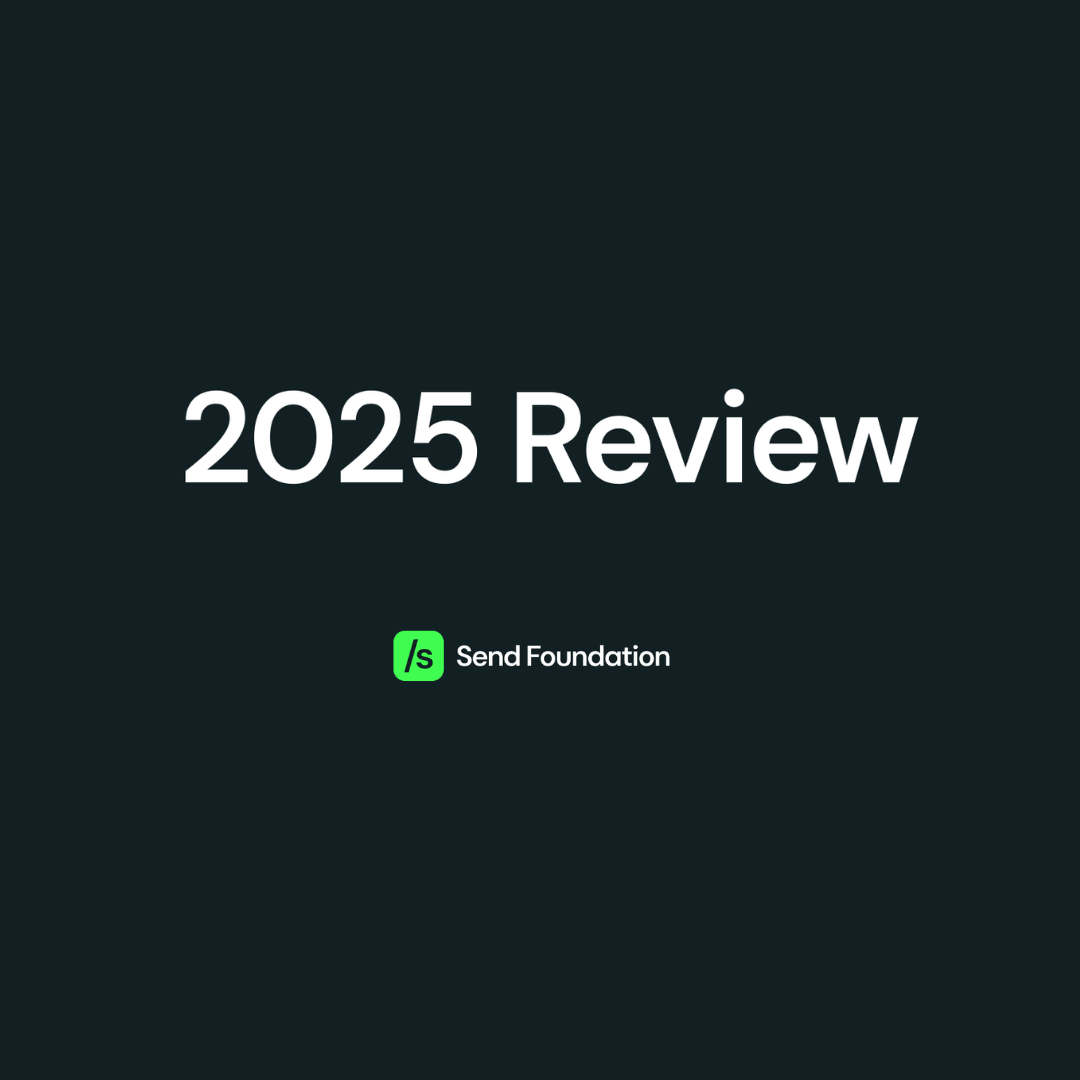
Introduction
In Sub-Saharan Africa, financial exclusion remains widespread – the World Bank reports 66% of adults lack access to traditional banking. From transaction costs to identification requirements, distance obstacles and more, systemic barriers lock people out of essential financial tools for saving, investing, receiving income, and participating in the digital economy. This endemic exclusion presents a unique opportunity for cryptocurrency adoption to foster economic empowerment, particularly accessible stablecoins like USDC that can bypass traditional infrastructure and provide the unbanked financial access via mobile technology.
The Challenge of Financial Exclusion in Africa
The unbanked in Africa face numerous challenges: limited access to banking facilities, high transaction fees, and stringent requirements for opening accounts. These barriers have kept millions from participating in the formal economy, hindering their economic growth and access to financial services.
Cryptocurrency as a Solution
Cryptocurrencies, with their decentralized nature, offer a promising solution. They can bypass traditional banking infrastructure, providing direct access to financial services through mobile technology, which is widely accessible in Africa.
USDC: A Stable and Accessible Option
USDC, a stablecoin pegged to the US dollar, emerges as a particularly suitable option. Its stability counters the volatility often associated with cryptocurrencies like Bitcoin, making it more reliable for daily transactions and savings.
Benefits for the Unbanked
1. Remittances: USDC can facilitate cheaper and faster cross-border transactions, a significant benefit for Africans receiving funds from the diaspora.
2. Financial Inclusion: It provides an entry point into the financial system for those who are currently excluded.
3. Economic Empowerment: Access to USDC can empower individuals to save, invest, and participate in e-commerce, fostering economic growth.
Challenges and Considerations
While the potential is immense, challenges remain. Regulatory uncertainty, technological literacy, and infrastructure development are critical areas needing attention. Policymakers and stakeholders must work together to create a conducive environment for cryptocurrency adoption.
Conclusion
The adoption of USDC and other cryptocurrencies could be a game-changer for financial inclusion in Africa. By leveraging technology, it’s possible to bring millions of unbanked Africans into the economic fold, offering them opportunities for growth and stability. The journey is complex and requires collaboration, but the potential rewards are vast and transformative.


